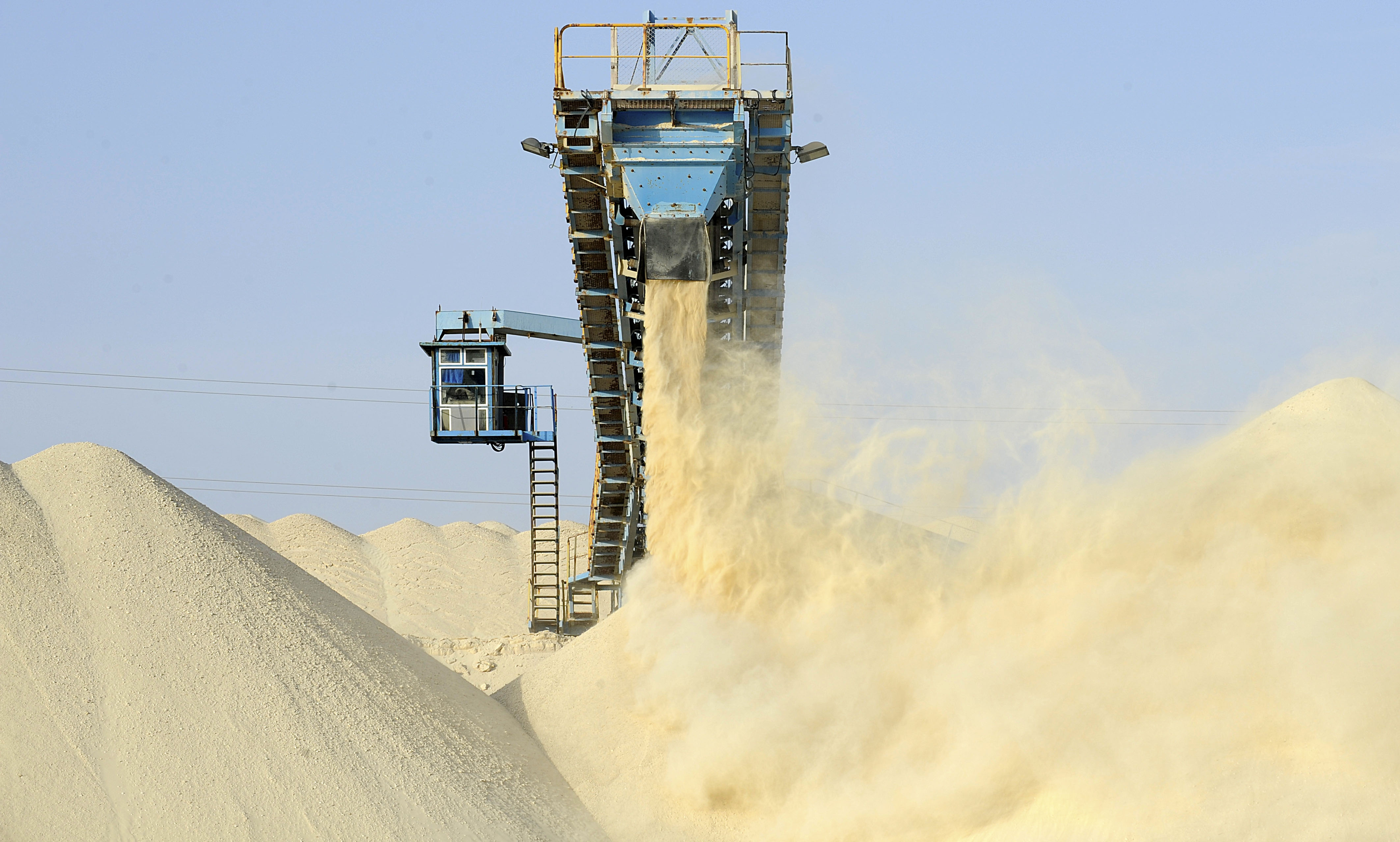São Paulo – Fertilizer imports from Arab countries to Brazil slid 18.4% year-on-year in value from January to July, as per numbers from the Brazilian Ministry of Industry, Foreign Trade and Services compiled by the Arab Brazilian Chamber of Commerce. During the period, USD 830 million worth of fertilizers got shipped from Arab countries to Brazil.
Arab Chamber CEO Michel Alaby believes Brazil is buying fertilizer from Russia in order to increase bargaining power so as to sell its own goods to that country. Russia banned Brazilian beef and talks are underway. Russia is Brazil’s leading supplier of fertilizers, with sales coming out to USD 924.4 million through July this year, up 8.6% through July 2017.
Although Arab fertilizer imports declined, the region is a major supplier and accounts for some 25% of fertilizer imports to Brazil. Through July, total fertilizer imports to Brazil reached USD 3.6 billion, and 23% of that came from Arab nations. Brazil’s overall fertilizer imports slid 13% in value.
Morocco was the leading Arab fertilizer supplier to Brazil from January to July, followed by Saudi Arabia, Qatar, Algeria and Kuwait.
However, Morocco’s fertilizer sales to Brazil were down 27% to USD 251 million year-on-year through July. Sales from Saudi Arabia dropped 25% to USD 127 million, while hose from Qatar were down 44% to USD 125 million. The fourth Arab supplier to Brazil was Algeria, whose sales climbed 97% to USD 82.8 million. Sales from Kuwait more than doubled to USD 67.7 million.
Although Brazil’s fertilizer imports from the world over and from Arab countries slowed year-to-date through July, Michel Alaby argues that the future outlook regarding imports is good, considering the plans in place to increase agricultural output. The country also plans on increasing domestic fertilizer manufacturing, but the Arab Chamber CEO notes that not much progress has been made so far. Some 80% of fertilizers used in Brazil are imported.
Fertilizer imports to Brazil increased in July alone. The National Fertilizer Association (ANDA) reported a 0.8% increase in imports to 2.44 million tons last month. This came prior to the beginning of planting for the 2018-2019 crop, in September, and after the trucker strike in late May and early June, which held back deliveries of all sorts of goods, fertilizers included.
Numbers from the Ministry of Industry, Foreign Trade and Services show that fertilizer imports to Brazil from Arab countries climbed 32.2% year-on-year in July to USD 183 million (pictured at the top, phosphate from OCP).
Translated by Gabriel Pomerancblum




